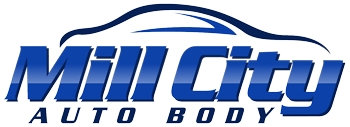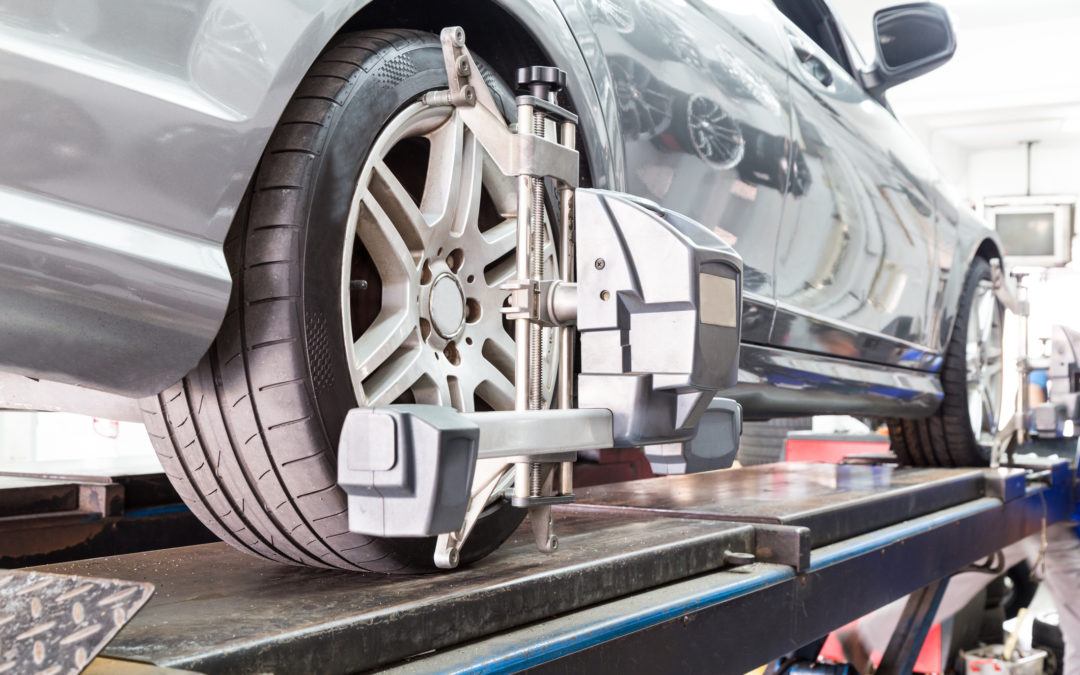Having poor alignment can lead to a collision, and a collision can lead to poor alignment. There are many other things that can lead to both, but it’s important to understand how to identify, correct, and maintain proper alignment of your vehicle to keep it, and its passengers, safe.
Sometimes, after a collision, your vehicle can suffer damage that doesn’t directly affect alignment, but it can affect things that will rapidly decrease your alignment.
What is alignment?
Alignment, when used in terms of a vehicle, refers to how well the wheels line up with the steering wheel. Simply, poor alignment happens when the steering wheel is straight, but the tires are aimed to one side. There are varying degrees of misalignment depending on how vast the difference in direction is.
What causes poor alignment?
Poor alignment can be caused by many things, from a collision, especially one involving the front end of the vehicle, to a repair involving the parts surrounding steering, tires, suspension, etc. Over time, alignment will vary especially if tires aren’t maintained, roads are bumpy, or the car is accustomed to rough driving.
Why is alignment important?
● With properly aligned tires, it’s easier for the vehicle to navigate any road. You’ll save on gas and repair costs by maintaining alignment.
● Because a car with aligned tires doesn’t work as hard, it uses less gas, saving the environment.
● Tires that are misaligned tend to wear unevenly (uneven tires can also cause misalignment), which means they’ll need to be replaced sooner.
● Misaligned tires make the vehicle harder to steer and control, which can lead to accidents. Alignments make your vehicle much safer to drive.
How to identify alignment issues after a collision
If you’ve recently been in a collision that involved the front end of your vehicle, it’s a good idea to have the alignment checked as you have your vehicle repaired. Look for damage to the following systems as well, because they can cause poor alignment.
● As you drive, does the car pull to one side or the other when the steering wheel is straight? Alignment and steering are directly related.
● Do you hear a squealing noise during slow turns? Your wheel well, brakes, or steering and suspension system may be affected.
● Is your steering wheel off center?
● Does the steering wheel vibrate as you drive?

